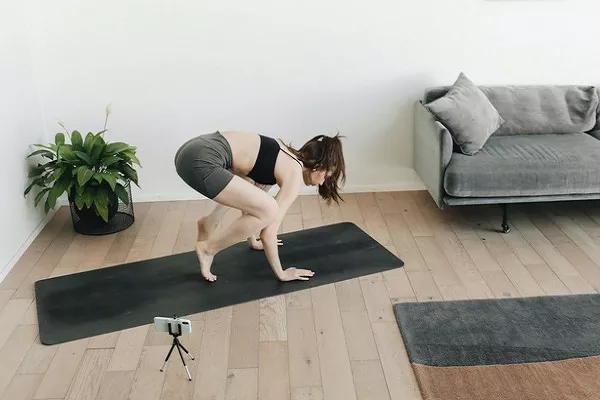In the pursuit of self-improvement, I have diligently incorporated gym visits into my daily routine as a student. Aiming to attend the gym a minimum of five times a week, I have come to regard this commitment not only as a physical endeavor but as a source of mental tranquility and strength.
Rowan University students are privileged to have access to multiple fitness facilities, including the REC Center and the gym situated on Victoria Street, both offering free workout opportunities. While many emphasize the gym’s role in enhancing physical strength and muscle development, I find that it serves as a crucible for testing one’s resilience, perseverance, and mental fortitude. In reality, the number of sets, repetitions, or the weight lifted matters less than the individual’s determination and capabilities.
During my gym sessions, a common refrain between my workout partner and me is “push yourself.” These two simple words serve as a constant reminder to keep striving, especially when the temptation to quit looms. They are words that transcend the physical realm, pushing us beyond mental and physical limits. In our minds, we understand that we are not waging a battle against weights but against ourselves.
My typical routine consists of four sets of twelve repetitions for each exercise. It may seem straightforward, but the mental struggle that accompanies each repetition is profound. The first six repetitions flow smoothly, but a voice inside me urges, “Prepare yourself for the next six.”
Repetitions seven and eight elicit affirmations like, “This is nothing to you, Brai, you’ve faced tougher challenges. You’re a champion.”
Repetitions nine through eleven become a mantra, “Just a few more, keep going! Break through your limits!”
By the twelfth repetition, I exclaim, “I NEED ONE MORE FOR GOOD LUCK!”
While the specifics may vary from person to person, the underlying message remains: find what motivates you and make it your own. I have witnessed fellow gym-goers employ various strategies, from giving themselves a resounding slap to doing a celebratory dance between sets. The key is to personalize your motivation.
I firmly believe that the common issues experienced at the gym, such as body dysmorphia and self-consciousness, dissipate when one focuses on personal improvement and dedication. The key is to hone in on your objectives and persevere.
These techniques extend beyond the gym; they are applicable to all aspects of life. If you struggle with procrastination and the temptation to delay tasks, motivate yourself with the promise of free time for activities you truly cherish. I often tell myself, “Completing this task now means more time for something I genuinely enjoy.” Perhaps this approach can work for you too.
The sense of accomplishment that follows the completion of a task you initially didn’t want to undertake is a profound discovery. The drive to improve oneself should persist every day, regardless of whether you feel at your best. As I firmly believe, “You should always want to improve yourself, every day, no matter if you are 100% that day or not.”


